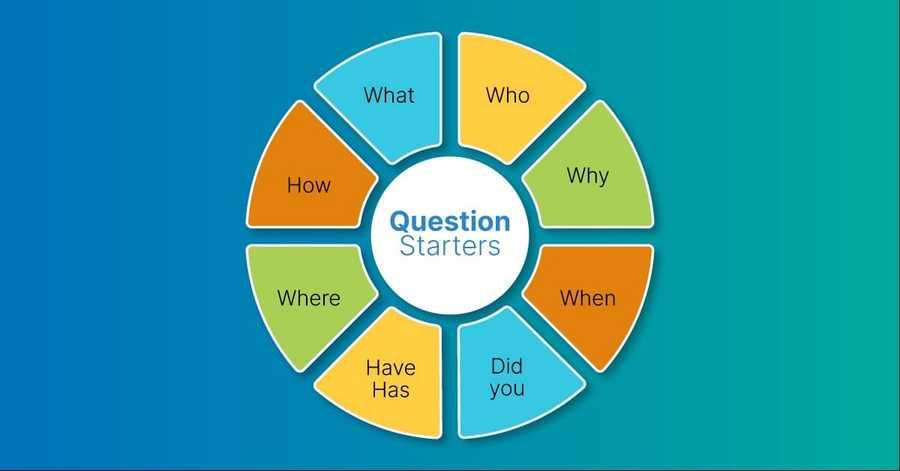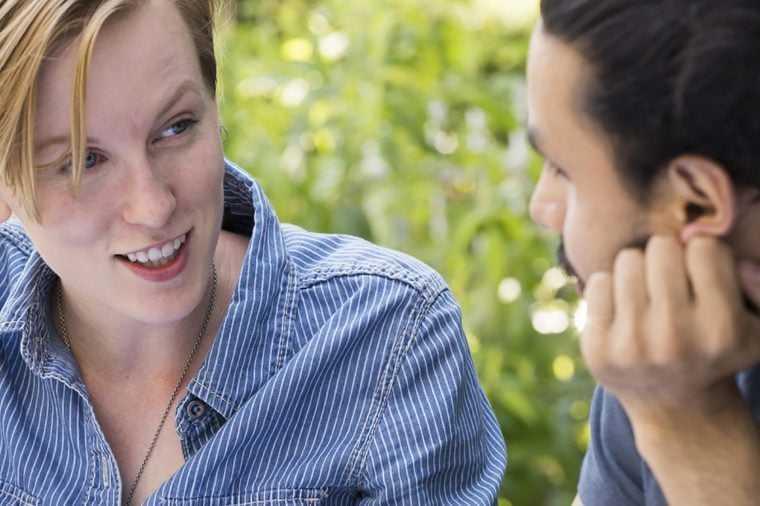Open-ended questions
Avoid questions you can answer “yes” or “no”. They are closed-ended, don’t generate discussion and they rarely yield any insight.
By asking open-ended questions, you get far more interesting insights. They invite reflection and start discussions.
679
1.04K reads
CURATED FROM
IDEAS CURATED BY
The idea is part of this collection:
Learn more about communication with this collection
Cultivating self-awareness and self-reflection
Prioritizing and setting boundaries for self-care
Practicing mindfulness and presence
Related collections
Similar ideas to Open-ended questions
Use open-ended questions
Start your questions with who, what, when, where, why or how.
For example, instead of asking "Were you terrified?", which will produce a "yes" or "no" answer, try asking, "How did that feel?" They might have to think about it, but you'll get a much better response.
Ask open-ended questions
While there are plenty of situations where closed-ended questions are appropriate, couples who consistently communicate with open-ended questions, to spark “big talk,” show that they have a sincere interest in their partners and want to create closeness.
Conversations With Open-Ended Questions
If you begin discussions by asking questions regarding the current location or occasion, it can help release the pressure of trying to force a conversation. Make sure it is open ended, nonthreatening and nonpersonal.
From there you can move the conversation to something more p...
Read & Learn
20x Faster
without
deepstash
with
deepstash
with
deepstash
Personalized microlearning
—
100+ Learning Journeys
—
Access to 200,000+ ideas
—
Access to the mobile app
—
Unlimited idea saving
—
—
Unlimited history
—
—
Unlimited listening to ideas
—
—
Downloading & offline access
—
—
Supercharge your mind with one idea per day
Enter your email and spend 1 minute every day to learn something new.
I agree to receive email updates


